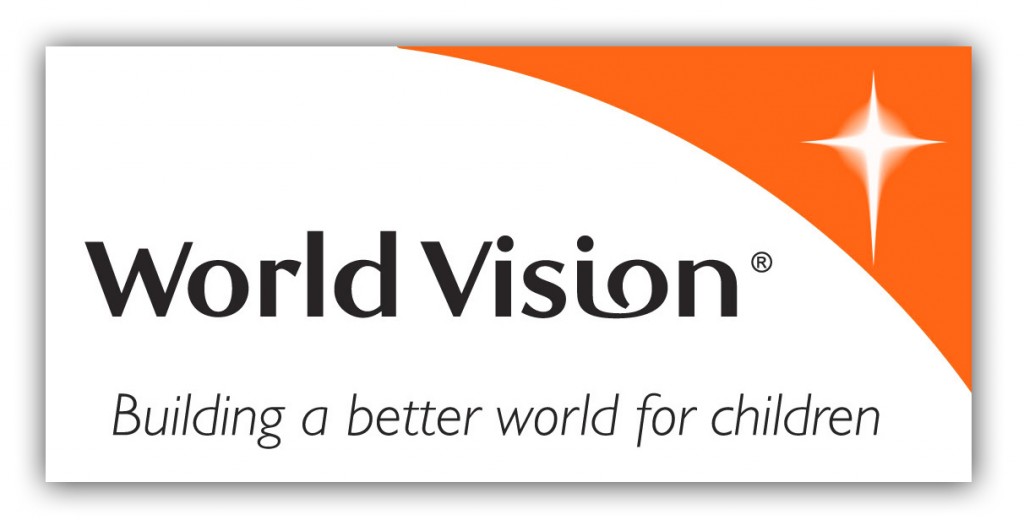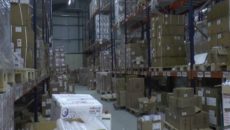In my op-ed about the mismanagement of the National Oil Company of Liberia, I alluded to the fact that some of Liberia’s professionals have an affinity for elaborate job titles that invoke public respect and the perception of success among the impoverished majority. This highly inflated sense of self-importance is deeply rooted in the fabric of Liberia and has fostered a broken system and a near-failed state run by many in leadership masquerading as experts and businessmen.
Over the years, I have supported and attended fundraising efforts by Liberian-owned charity organizations across the United States with a great deal of appreciation and admiration in a sense of oneness. Many of these charitable organizations are run by well-meaning Liberians who are truly committed to solving real problems.
On the dark side of this, some Liberians view philanthropic organizations as an opportunity to create a name for themselves, seek political appointment, and eventually transition to a for-profit entity. During my recent trip to Liberia last month, I met several Liberians who once sought donations in the name of solving humanitarian problems now working in government; they live in luxurious homes being maintained by what are commonly known as “house boys and house girls†(one of the most abusive practices in Liberia, but that’s for another discussion). Their charitable endeavors have seemingly been abandoned or perhaps those efforts are funding their lavish lifestyles.
In a heartwarming encounter with a mother of three around the fish market community in Sinkor, I realized that the lack of scrutiny on the high influx of charity organizations in Liberia, and Africa as a whole, affects everyone. On the morning of November 13th, while taking a stroll, I met an adorable little girl and picked her up. I asked her mother if it was okay to take a picture.
She replied in a characteristic Liberian English, “I na know ooh, because your can take our picture and put it on the computer and tell the white people we suffering, then when they give the money we can’t see it.â€
How that hurt my heart on so many levels, but I understood her concerns. After all, some of Liberia’s own sons and daughters willingly exploit the suffering of their brothers and sisters for personal financial gain.
Liberians in the Diaspora
Here in the United States, the Liberian community has the opportunity to end this problem. Though we may be separated by an ocean, charity corruption starts and ends with Liberians in the diaspora. No doubt, most of us have good intentions; we are genuinely trying to make a difference. However, the little girl’s mother was right when she worried about her daughter’s picture’s potentially being used to line someone else’s pockets.
Though some of us may feel as though we’ve transcended corruption’s hold on us by leaving the country, the culture of corruption has followed us. Corruption is alive and well in the Liberian diaspora, often in the non-profit space, where the desire to look important, move up the ranks, and look after your own interests runs strong. There are too many Liberians here who see nothing wrong with diverting funds, taking bribes, granting favors to those in their inner circles, and lavishing higher ups back in Liberia with gifts. This behavior taints the progress that’s been made, and it needs to stop.
But who’s going to stop it? Certainly not the corrupt expatriate who envisions a future life of luxury back in Liberia. Certainly not the corrupt Liberian officials who welcome their patronage. Donors and philanthropists may stop it by withholding their donations, but that hurts the beneficiaries more than it hurts the corrupt. We can help by supporting reputable charities doing humanitarian work the right way.
Phantom Companies and Charities in Africa
Let’s travel back to Africa for a moment. According to One.org, corrupt government officials and others commonly use phantom firms to rob African countries of billions every year. In 2010, these illicit financial flows cost sub-Saharan Africa roughly US$49.4 billion — more than the total amount of aid the region received that year. 70 percent of large corruption cases are reported to have used phantom firms to launder money.
Phantom companies and charities are easy to set up. They are anonymous companies that exist only on paper and used for hiding money and avoiding taxes. The money flowing through these shell entities is untraceable as the owners are completely anonymous. In a matter of minutes, you can establish a legal entity, hide your ownership, and get in the business of fleecing others out of their hard-earned dollars — all in the name of charity. And if you have a picture of a cute little Liberian girl clearly suffering the effects of poverty, all the better to pull at the heartstrings.
As easy as it is to set up a phantom charity, even legitimate ones are vulnerable to corruption and fraud. An article published in Forbes, “Liberia: No Good Deed Goes Unpunished,” provides an excellent example of this. In 2005, USAID granted a two-year grant to World Vision for infrastructure and reconstruction projects in Liberia following the country’s civil war. Two Liberian nationals, Joe O. Bondo and Morris B. Fahnbulleh, were responsible for supervising employees of World Vision. As part of the deal, USAID would distribute food to residents in Liberia.
It turns out, up to 91 percent of the food never reached those affected residents. Bondo and Fahnbulleh sold the food, kept the money, and ordered World Vision employees under their charge to falsify documents. Hush money and threats were used to buy their underlings’ silence. Instead of building roads, schools, water wells, latrines, and infrastructure projects as intended, the men instructed USAID-salaried employees to work on their personal compounds.
Fortunately, their scheme was discovered, and the men convicted, sentenced, and fined for their crimes. Unfortunately, many more schemes are taking place right now.
The Need for Government Scrutiny
According to a recent investigation by Thomson Reuters Foundation, one-third of the world’s 25 biggest aid charities, despite being under pressure to be more transparent about corruption within their ranks, declined to make their fraud data public. Eight said they had reported their losses to regulators, leaving it at that. Five said they had no losses at all. These aren’t phantom charities operating on the sly; they are legitimate charities. Yet, transparency is clearly not a priority.
The annual losses reported by the remaining 12 NGOs totaled $2.7 million, a fraction of the nearly $50 billion in losses attributed to phantom entities. While fraud occurs in the world’s largest aid charities, I’m more concerned about the charities operating on the fringes. That’s where the real money is being diverted.
With billions of dollars at stake each year in Africa, governments — both on the giving and receiving ends — need to scrutinize non-governmental organizations and charities. Donor governments, after all, want to ensure that outgoing donations, whether in the form of taxpayer-funded government aid, charitable donations, or otherwise, reach their intended beneficiaries. Recipient governments need to ensure that any incoming aid does, in fact reach its intended recipient pool.
The charitable pipeline, however, is long, and corruption drains it at points throughout until just a trickle comes out.
To fix this broken pipeline, governments need to take a closer look at charities. Governments and charitable organizations offering aid must require a strict accounting of where the money goes – and consequences, such as cutting off future funding, if it disappears. The Liberian government needs to ensure that its homegrown charities are indeed serving the greater good and not lining the pockets of their organizers, again with strict accounting requirements and consequences. Meanwhile, Liberians in the diaspora need to recognize the charlatans among us and support only those charities that are truly helping their intended recipients.



